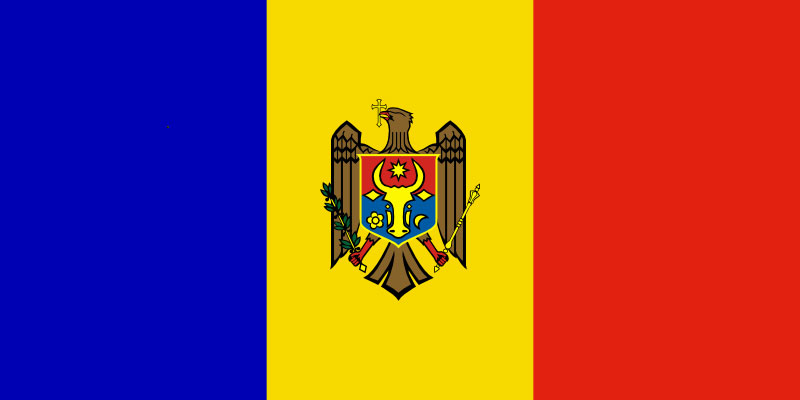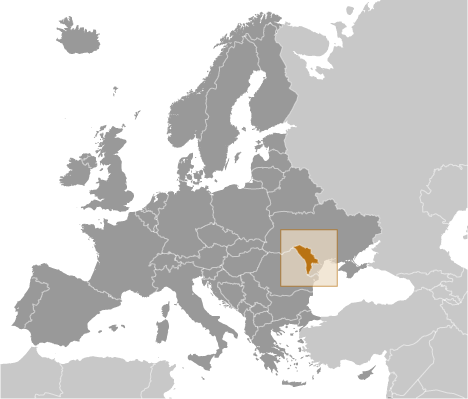HISTORICAL BACKGROUND
Article 34 of the Constitution provides for a right of access to information. It states:
(1) Having access to any information of public interest is everybody's right that may not be curtailed. (2) According with their established level of competence, public authorities shall ensure that citizens are correctly informed both on public affairs and matters of personal interest. (3) The right of access to information may not prejudice either the measures taken to protect citizens or national security. (4) The State and private media are obliged to ensure that correct information reaches the public.
In addition, Article 37 provides for a right to environmental, health and consumer information: "(2) The State guarantees every citizen the right of free access to truthful information regarding the state of the natural environment, living and working conditions, and the quality of food products and household appliances."
The Law on Access to Information was approved by Parliament in May 2000 and went into force in August 2000. Under the law, citizens and residents of Moldova can demand information from state institutions, organizations financed by the public budget and individuals and legal entities that provide public services and hold official information. The bodies must respond within 15 working days.
Information can be withheld to protect state secrets related to military, economic, technical-scientific, foreign policy, intelligence, counterintelligence and investigation activities if disclosure would endanger the security of the state; confidential business information submitted to public institutions under conditions of confidentiality; personal data the disclosure of which may be considered as intrusions into privacy; information related to the investigative activity of corresponding bodies; and information that represents the final or intermediary results of scientific and technical research. Information providers must prove that the restriction is authorized by law, necessary in a democratic society for protection of rights or legitimate interests of the person or national security and that the damage to those interests would be larger than the public interest in disclosing the information.
Appeals about refusals, delays, fees and damages can be made to the top management of the department that holds the information or its superior body. If they are not satisfied, they can appeal directly to the courts. There were 11 cases in 2003-2004. The Supreme Court ruled in 2004 against a lawsuit for minutes of the 2002 parliamentary session which had been labeled "for official use only." Requestors can also appeal to the Ombudsman.
The Administrative and Criminal Codes were amended in 2001 to allow for imposition of fines and penalties for violating the Access Act.
Implementation of the law has been problematic. The Freedom of Expression and Access to Information Promotion Centre found in May 2003 that "the implementation of the Law on Access to Information remains extremely tedious, despite efforts made by non-governmental organizations to hasten the process. Rule of law education and enforcement as well as general education about freedom of information are necessary next steps." A review in 2004 by three NGOs found that the bodies were not following the legal requirements. Central bodies and law enforcement bodies were the most closed and local bodies were the most open. Other problems included a failure to respond to requests at all and non-execution of judicial decisions.
The government drafted a bill to create a new Law on Information in 2005. The bill would have substantially reduced access rights by replacing the existing law for a Soviet-style information law. It was strongly opposed by NGOs and international organizations. The Parliament removed the bill from consideration.
The Law on State Secrets sets rules of classification of information relating to the military, economic, science and technology, foreign affairs and intelligence. It sets three levels of classification for state secrets - "extreme importance", "strict secret", and "secret" and created an Inter-department Commission for State Secret Protection to coordinate. A draft bill to replace the law was released in 2005. The bill, which was developed by the intelligence service, made few changes to the existing Act. The Criminal Code prohibits the disclosure of state secrets by officials. Punishment is a fine and up to five years imprisonment.
Moldova signed the Aarhus Convention in June 1998 and ratified it in August 1999. The Parliament approved in the first reading an amendment to the Law on Access to include environmental access in March 2003 but the law was rejected after objections that it would reduce the level of access to information. The 2003 report from the Information Access Center found "national legislation ensures an efficient judicial framework for the achievement and protection of the right to access environmental information" but in December 2004, journalists said that they had serious problems obtaining environmental information.
The Law on Archival Fund sets rules on the retention of documents and their access. Personal information can be kept secret for 75 years.
2004 freedominfo.org Global Survey Results - Moldova
Notes
Constitution of the Republic of Moldova, adopted on 29 July 1994. http://xiv.parlament.md/en/legalfoundation/constitution/
Access to Information Law, No 982-XIV, 5 November 2000. http://ijc.md/en/mlu/docs/access_info_law.shtml
Moldova Media News. Volume 4, nr.7, 30 July 2004.
Homepage: http://www.ombudsman.md/
Committee for the Protection of Journalists, Attacks on the Press 2001: Moldova. http://www.cpj.org/attacks01/europe01/moldova.html
Mass-media and Legislation, 2003. http://www.lexacces.org.md/cuvint_stud_eng.htm
Moldovan law on information access seriously violated - survey, BBC Monitoring Service, 29 September 2004.
Olivia Pîrtac, Independent Journalism Centre, Annual Report for the Year 2005 the Freedom of Speech and Information in the Republic of Moldova.
Law on access to information under the risk of disappearance. http://acces-info.org.md/declarationlawinformation.pdf; David Banisar, Comments on the Moldovan Draft Law on Information, September 2005. http://www.osce.org/documents/rfm/2005/09/16420_en.pdf
Law on State Secrets no. 106-XIII of 17.05.94. http://www.ijnet.org/Director.aspx?P=MediaLaws&ID=25362&LID=1
See David Banisar, Comments on the Moldovan Draft Law on State and Official Secrets. September 2005. http://www.osce.org/documents/rfm/2005/09/16421_en.pdf
Criminal Code §§344-345.
Legislative Initiative No. 4050 of 12 November 2002.
Moldova Media News, Volume 4, nr.12, 23 December 2004.
Law on the Archival Fund of the Republic of Moldova, no. 880/XII of 22001.92.





















